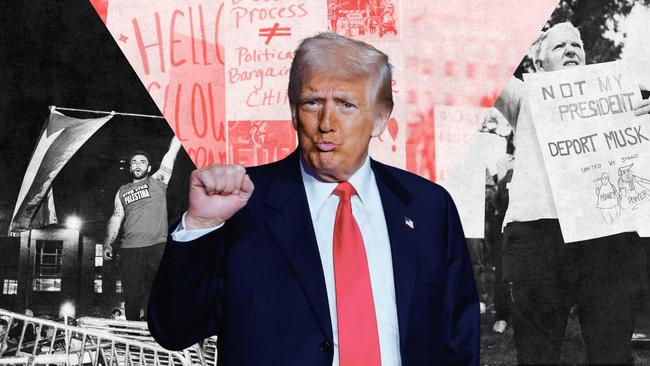
It was Biden’s support for and succumbing to a relentless progressive agenda that refuelled Trump’s remarkable revival.
The American progressive movement hates Trump yet this movement triggered the pro-Trump rebellion.
Witness its support for soft borders, identity politics, law and order laxity, bigger-spending government and corporate diversity policies, its hostility to America’s foundational compact and its quest to recast institutions with progressive ideology.
In retrospect, the scale of progressive and elite hubris testifies to a movement with self-destructive instincts but in denial of its flaws.
Many progressive champions (along with traditional conservatives) issued justified warnings that Trump, given his refusal to accept his defeat at the 2020 election, had defined himself as a threat to US democracy.
Most voters heard the warnings about Trump but refused to act on them. Why? Because they believed American democracy was already in dire trouble because of the unprecedented campaign by a highly educated elite imbued with a progressive philosophy and consumed with a moral superiority that insisted on its top-down implementation.

The upshot was a collapse of trust in the political system, in institutional, professional and education leaders, and a chronic suspicion of corporations, universities, many police forces, government bureaucracy and much mainstream media.
Trump supporters became fixated by a belief that the US system of democratic accountability no longer worked for them; indeed, that it was betraying them, a cultural conclusion reinforced by the economic damage from high inflation and struggling wage levels.
When Biden defeated Trump in 2020 there was huge relief from the American centre and left. Biden pledged to unite America and bring it together. He did the opposite and betrayed that promise. Much of the Democratic Party assumed Trump was finished and set about imposing a radical cultural, identity, spending and climate agenda on the country.
New York Times columnist David Brooks said the attack on classic liberalism – by insisting that people be treated differently by law according to their race, religion, sex and identity characteristics – set up a social schism that would be incompatible with democracy.
For most of the anti-Trump progressive leaders the notion that their own side had undermined the democratic compact in the eyes of many Americans was simply inconceivable.
Political commentator Andrew Sullivan, gay rights champion and savage critic of left authoritarianism, recently said: “On the central questions of immigration and identity politics what Trump is proposing is simply a return to common sense – a reflection of the sane views of the vast majority of Americans who support secure borders and oppose unfairness in sports and medical experiments on children.” It is politics 101 – if you tolerate massive illegal entry of migrants to your nation you will fuel a public backlash that supports forced removal, at least for people who have broken the criminal law.
Addressing critics who say Trump’s campaign wildly exaggerated the transgender issue that concerned so few people, author JK Rowling highlighted its symbolism as a decisive political moment for progressives, saying: “Do not tell me this is about a tiny minority.” She said: “Gender ideology has undermined freedom of speech, scientific truth, gay rights, and women’s and girls’ safety, privacy and dignity. Nobody voted for it, the vast majority of people disagree with it, yet it has been imposed, top down, by politicians, healthcare bodies, academia, sections of the media, celebrities and even the police.”
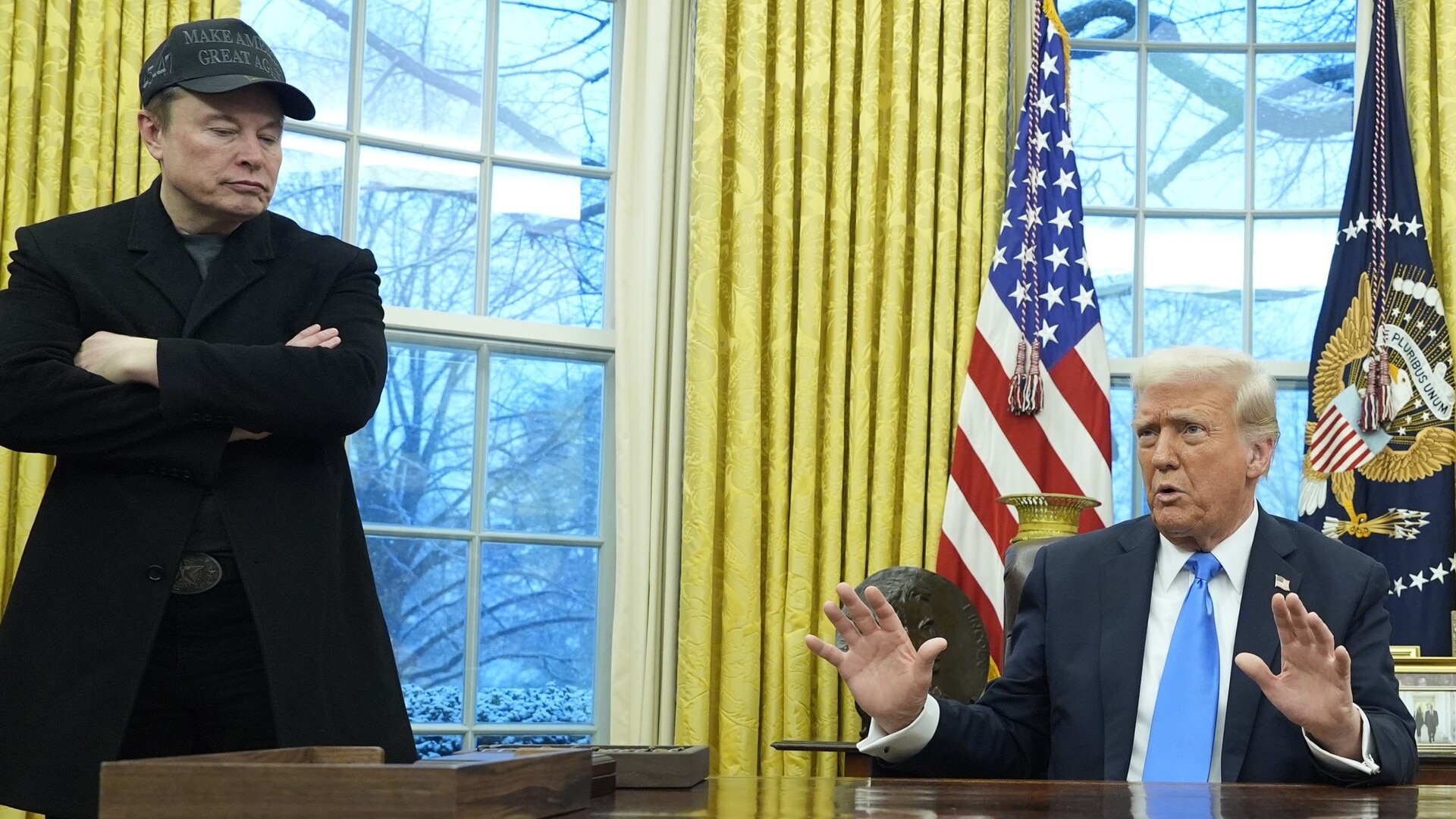
Writing in The New York Times last month, Thomas B. Edsall outlined the extent of the conservative-driven backlash against progressivism that had got so little analytical attention and was under-appreciated in Australian discussion during 2024 about the US election contest.
Edsall quoted Stony Brook University sociology professor Musa al-Gharbi saying Democrats were “increasingly out of step with the median voter as they catered ever more around the preferences of knowledge economy professionals” – those employed in higher education, hi-tech, the law, healthcare, entertainment, human resources, media and information.
Divisions across different economic and social domains had a deeper meaning as “facets of a more fundamental schism in American society”. In the same article Edsall quoted Yascha Mounk, author of The Identity Trap, saying the reason Republicans were successful in spreading their message was because they were “more adept at telling an aspirational story about the nature of the country – one that, as it turns out, a lot of citizens from all kinds of demographic backgrounds found to be convincing”.
The source of progressive strength – its long march through the institutions – has been derailed in Trump’s victory. Suddenly, it was a negative – a turning point in contemporary politics. In America the institutions that had become the carriers of progressive ideology had become unpopular and untrusted.
Indeed, they generated hostility towards themselves precisely because their progressive values were seen to be about their own image and self-interest, and not the values of the public.
The Democrats chose to become “the party of the educated class” but the progressive arrogance and moral superiority of the educated class began to eat the Democrats politically in the 2024 election.
A critical symbol of this phenomenon became the failure of US universities to address the crisis of anti-Semitism across their campuses – an intellectual and moral failure to appreciate this concerned not only Jewish students but also undermined the principles essential to sustain a multicultural society.
But the irony in America cannot be missed – Trump and JD Vance are engaged in their own project of political overreach. Their mood is hubris on steroids. They are gullible believers in their own propaganda.
In his opening weeks Trump seeks to transform US governance, push executive power to its limits, purge much of the bureaucracy, impose tariffs to reindustralise the US heartland and punish surplus trading nations with the US, signal an agenda for territorial expansion, withdraw from historic commitments to Europe, strike a deal with Russian leader Vladimir Putin over Ukraine and transform Gaza.
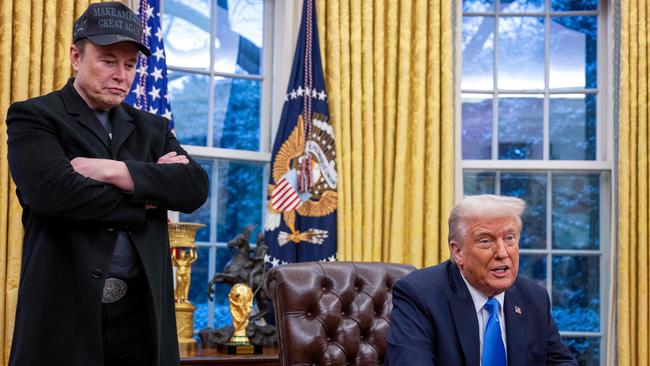
Shock therapy is an effective political weapon. But multiple shock therapy never works for any sustained period.
Consider Vance’s “shock effect” speech at Munich that the real threat today is not Russia and China but Europe’s retreat from fundamental cultural values.
The US Vice-President offered some valid truths and was right about Europe’s internal weakness. But his central point was a ludicrous falsehood. The most serious threat facing democracies today is the political and military alignment from Russia, China, Iran and North Korea. In terms of relative military power this is a far more dangerous threat than posed by the fascist countries in the 1930s.
If Trump and Vance don’t get this, if they don’t grasp the fundamental power equation in today’s world, then we are all in trouble. Yet, if Vance is taken at face value, they don’t get it. They don’t seem to grasp this is an existential strategic dilemma. Perhaps they are just rationalising the argument for US withdrawal. On display is the demise of strategic reality and its substitution by manic cultural conservatism.
The risk for Trump is engaging in many and different forms of overreach. Transformative change that sticks needs to be bedded down and buttressed by public support. Consider the great Peggy Noonan warning about Elon Musk: “He has wild confidence in his ability to engineer desired outcomes, but unstable elements have a way of exploding in the beaker, and like everyone else from Silicon Valley he lacks a sense of the tragic.
“They think human life can be rationally shaped and perfected, that every problem just needs the right wrench, and in any case they all think they’re God. My fear, here we switch metaphors, is that Mr Musk and his young staffers and acolytes are mad doctors who’ll put 30 chemo ports in the sick body. They’ll not only kill the cancer, they’ll kill the patient.”



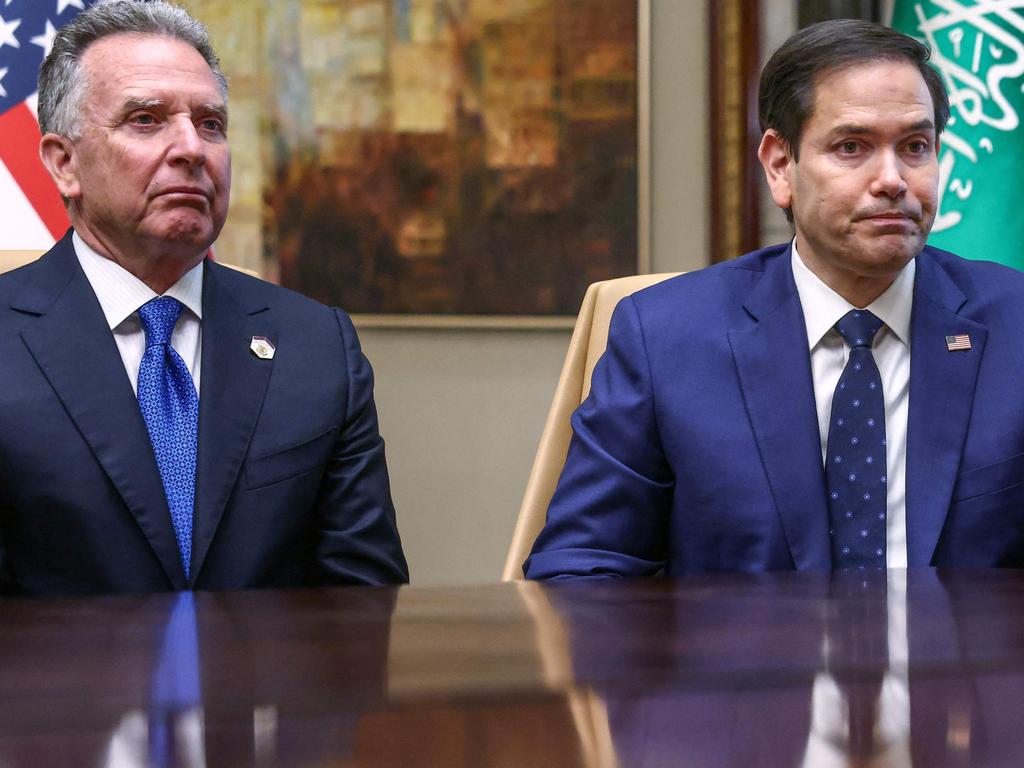
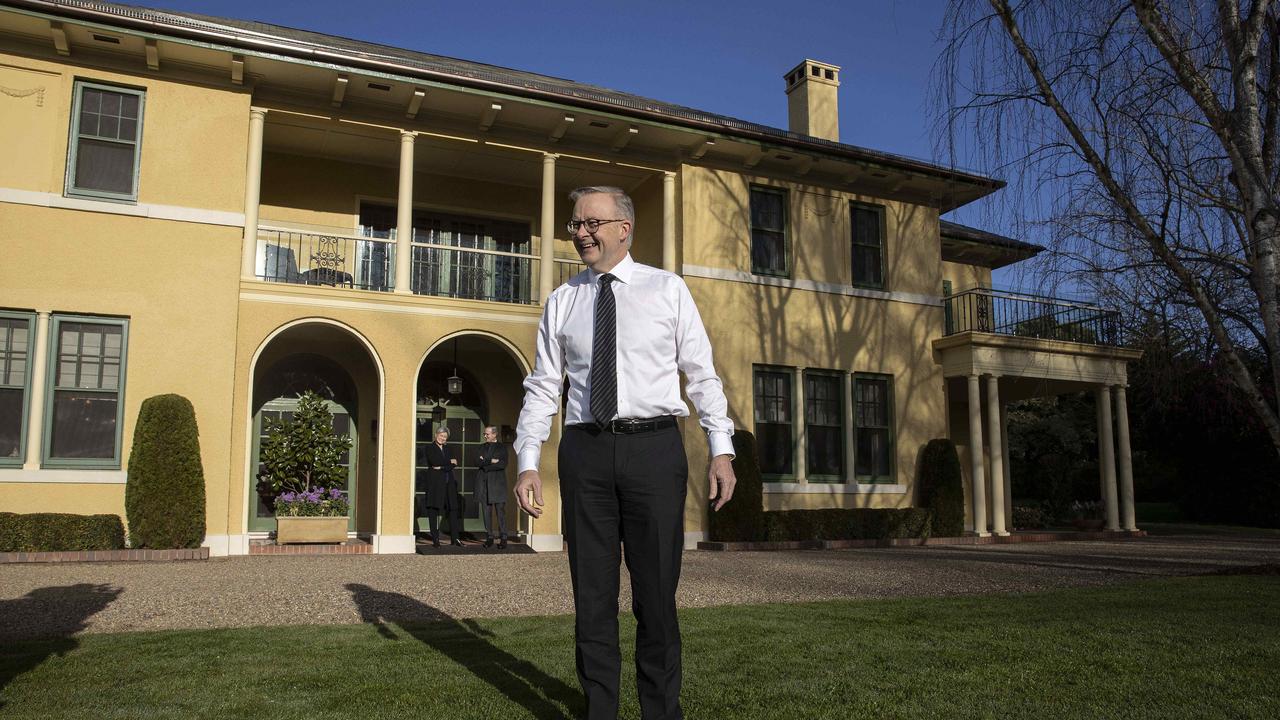
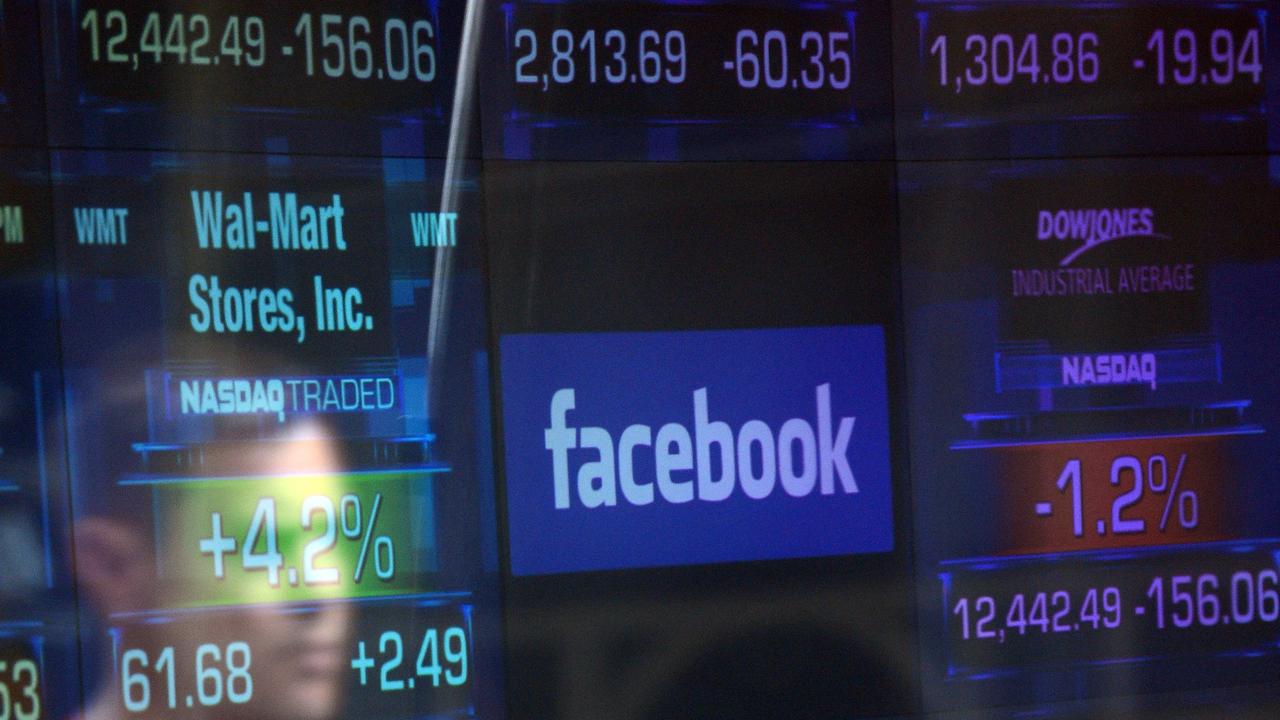
The lesson of politics is that every new government is prone to overreach and empowers its opponents – this was Joe Biden’s fatal mistake, it was Anthony Albanese’s blunder with the voice and the question is surely relevant for Donald Trump.